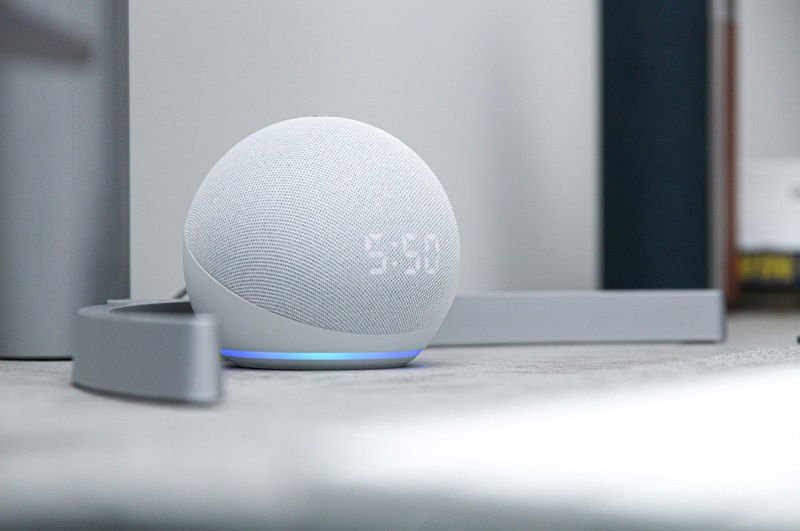Knowridge
2d
193

Image Credit: Knowridge
Everything you say to an Alexa speaker will be sent to Amazon—starting today
- Amazon has disabled two key privacy features in its Alexa smart speakers to introduce artificial intelligence-powered 'agentic capabilities' and generate profit.
- Starting March 28, all audio recordings from Alexa devices will be sent to the cloud, impacting personalization features if recordings are not saved.
- Voice assistants like Alexa function by detecting a 'wake word,' recording commands, and matching them to actions using natural language understanding.
- Amazon is transitioning to processing Alexa device recordings in the cloud for improved accuracy over on-device processing.
- High-end Echo models previously had a 'Do not send voice recordings' setting for local processing, but this feature is now disabled, sending all recordings to the cloud.
- Users can choose whether to save or delete recordings, with saved recordings used for Amazon's Voice ID and personalized user experiences.
- A trade-off between privacy and functionality arises as users decide whether to enable features like Voice ID by saving recordings or maintaining privacy by not saving them.
- Amazon looks to monetize Echo devices after significant losses, investing in generative AI like Alexa+ for enhanced capabilities such as booking flights.
- Amazon plans to profit from Alexa+ through subscriptions and acting as a go-between for service providers, reminiscent of its e-commerce platform model.
- Users are advised to review Alexa's privacy settings in app for data management and weigh privacy concerns against improved functionality when using Alexa+ or seeking privacy-focused alternatives like Home Assistant Voice Preview.
Read Full Article
11 Likes
For uninterrupted reading, download the app